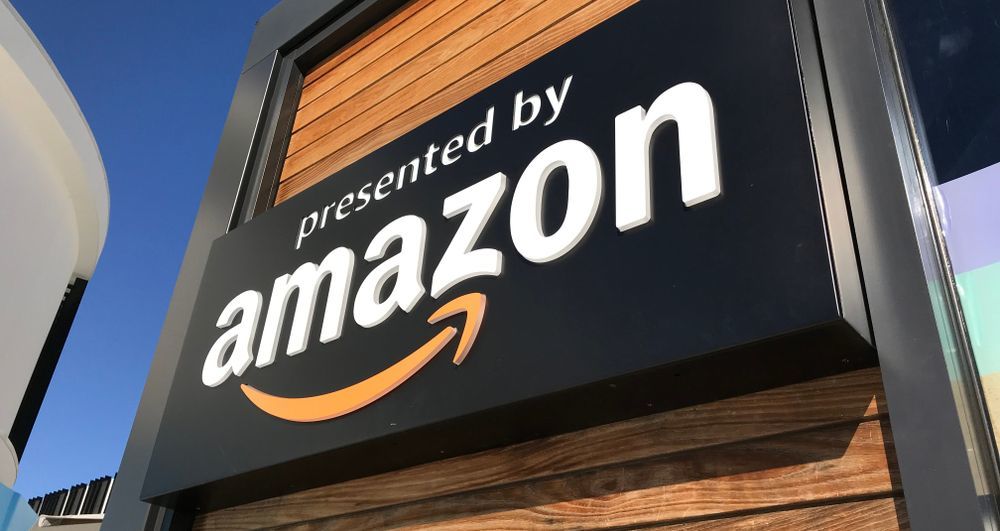
Greenpeace is an international non-profit organization founded in Vancouver, Canada in 1971. The organization is dedicated to promoting peace, protecting the planet and promoting sustainable practices. Over the years, Greenpeace has grown to become one of the world's largest and most influential environmental organizations, with offices in over 40 countries and a large, active supporter base.
Greenpeace's mission is to create a green and peaceful world. The organization focuses on promoting environmental sustainability, reducing the impact of climate change, protecting the world's oceans, forests and wildlife, and advocating for peace and non-violence. To achieve its goals, Greenpeace uses a variety of tactics, including public advocacy, research and investigations, lobbying, direct action, and community organizing.
One of Greenpeace's most famous campaigns was its efforts to stop commercial whaling in the 1980s. Through a combination of direct action tactics, such as blocking whaling ships from setting sail, and public advocacy, Greenpeace was able to bring international attention to the issue of commercial whaling. In 1986, a moratorium on commercial whaling was established by the International Whaling Commission. Today, commercial whaling is illegal in most parts of the world, and many whale species have been able to recover from the brink of extinction.
Greenpeace has also been instrumental in raising awareness about the dangers of nuclear power. In the early 1980s, the organization launched a series of direct actions against nuclear power plants in Europe and North America, drawing attention to the environmental and safety risks associated with nuclear energy. These efforts helped to build public opposition to nuclear power, and many countries have since turned to renewable energy sources instead.
The organization is also known for its campaigns to protect the world's forests. Greenpeace has worked to stop illegal logging and promote sustainable forestry practices, and has been a strong advocate for the rights of indigenous peoples who live in and depend on forests. In recent years, the organization has also been working to protect the Arctic, which is under threat from oil drilling, climate change, and other environmental pressures.
Greenpeace also focuses on reducing the impact of climate change. The organization works to promote renewable energy sources, such as wind and solar power, and to stop the construction of new coal-fired power plants. In addition, Greenpeace is working to reduce greenhouse gas emissions and to protect the world's oceans from the impacts of climate change.
The organization is also active in promoting peace and non-violence. Greenpeace has a long history of opposing war and military intervention, and works to promote disarmament and peace through nonviolent action.
Greenpeace is funded by individual supporters, foundations, and corporations. The organization does not accept funding from governments or political parties, in order to maintain its independence and integrity.
In conclusion, Greenpeace is a leading environmental organization that has had a profound impact on the world. Through its campaigns and advocacy, the organization has helped to stop commercial whaling, reduce the impact of nuclear power, protect the world's forests and wildlife, and promote peace and non-violence. Despite its many successes, there is still much work to be done, and Greenpeace remains dedicated to its mission of creating a green and peaceful world.








